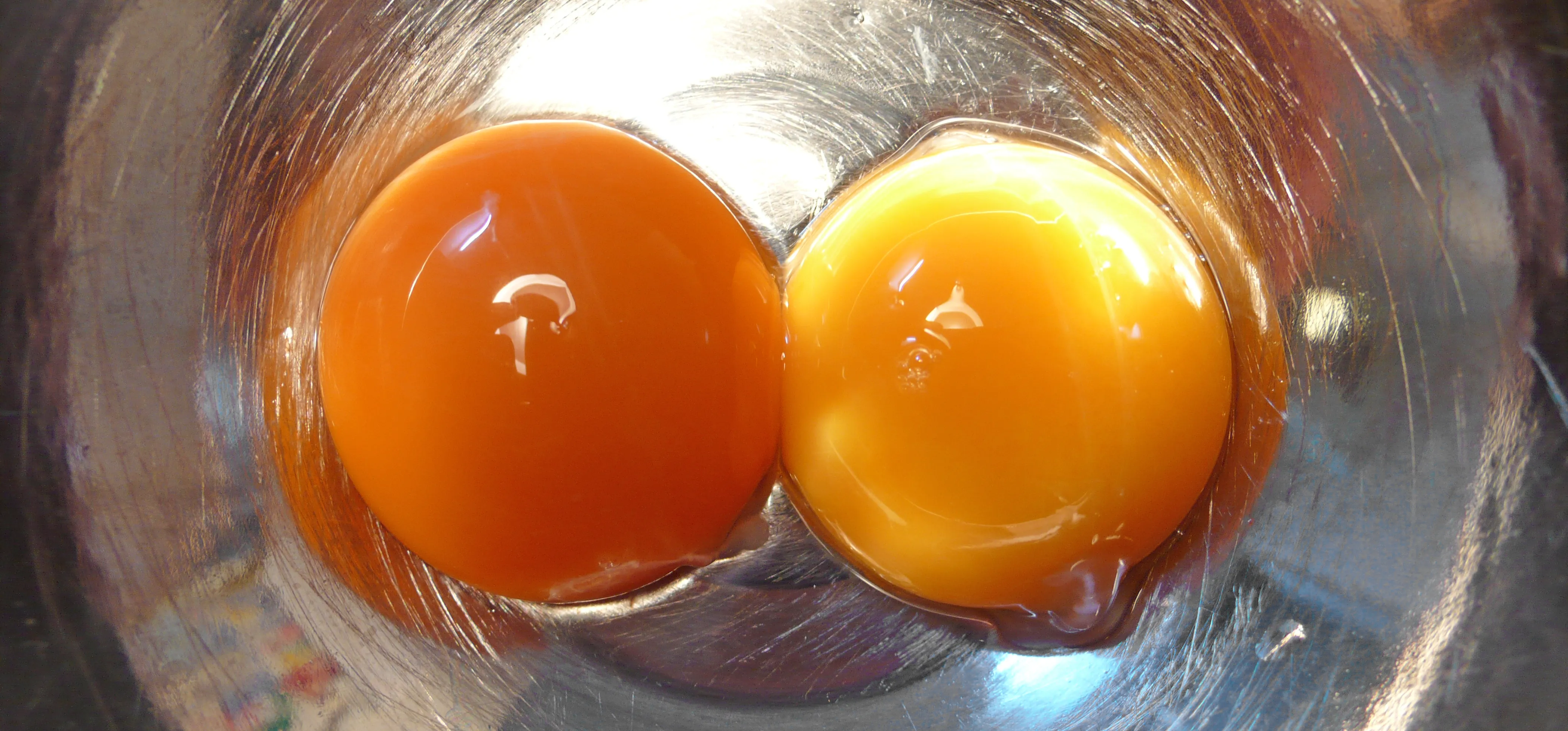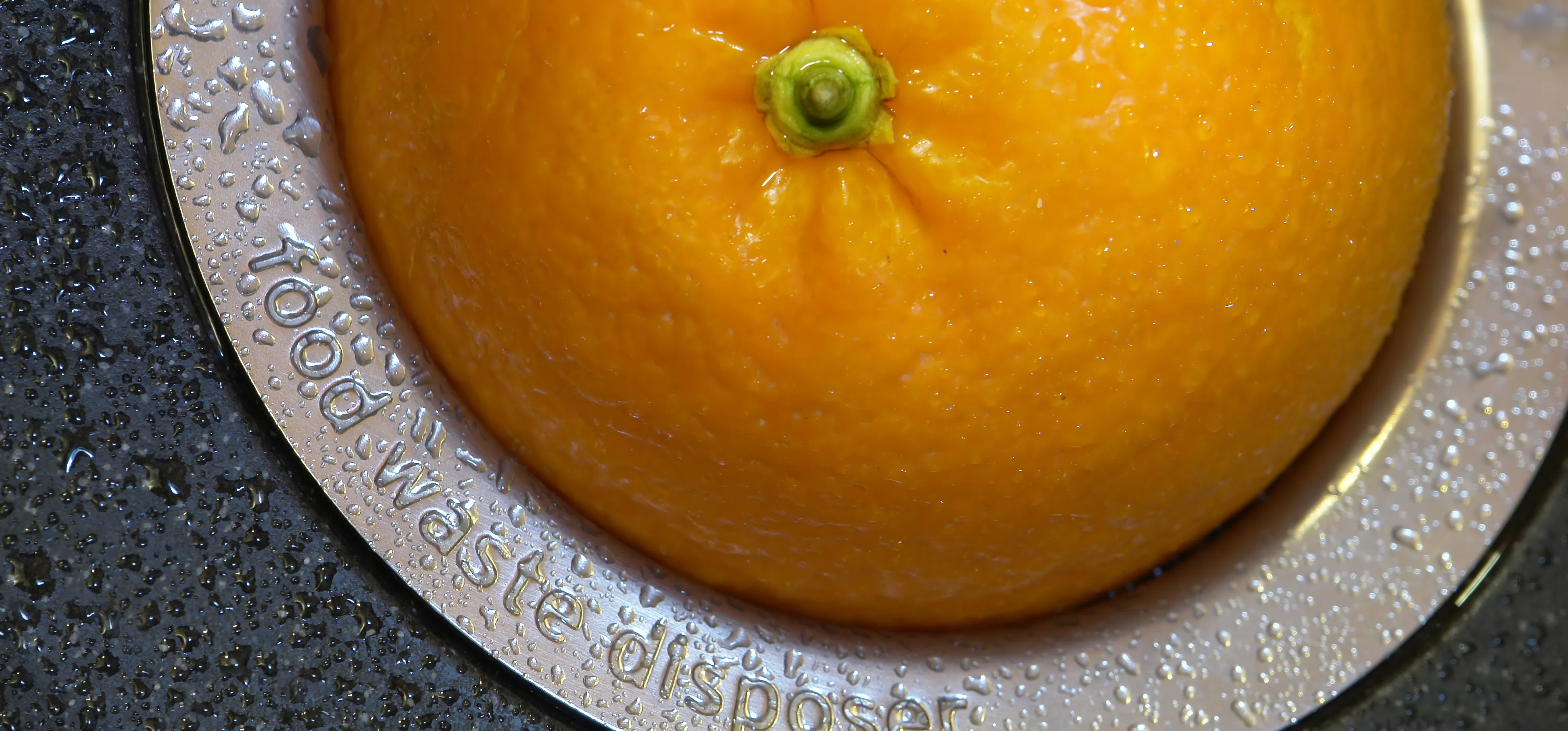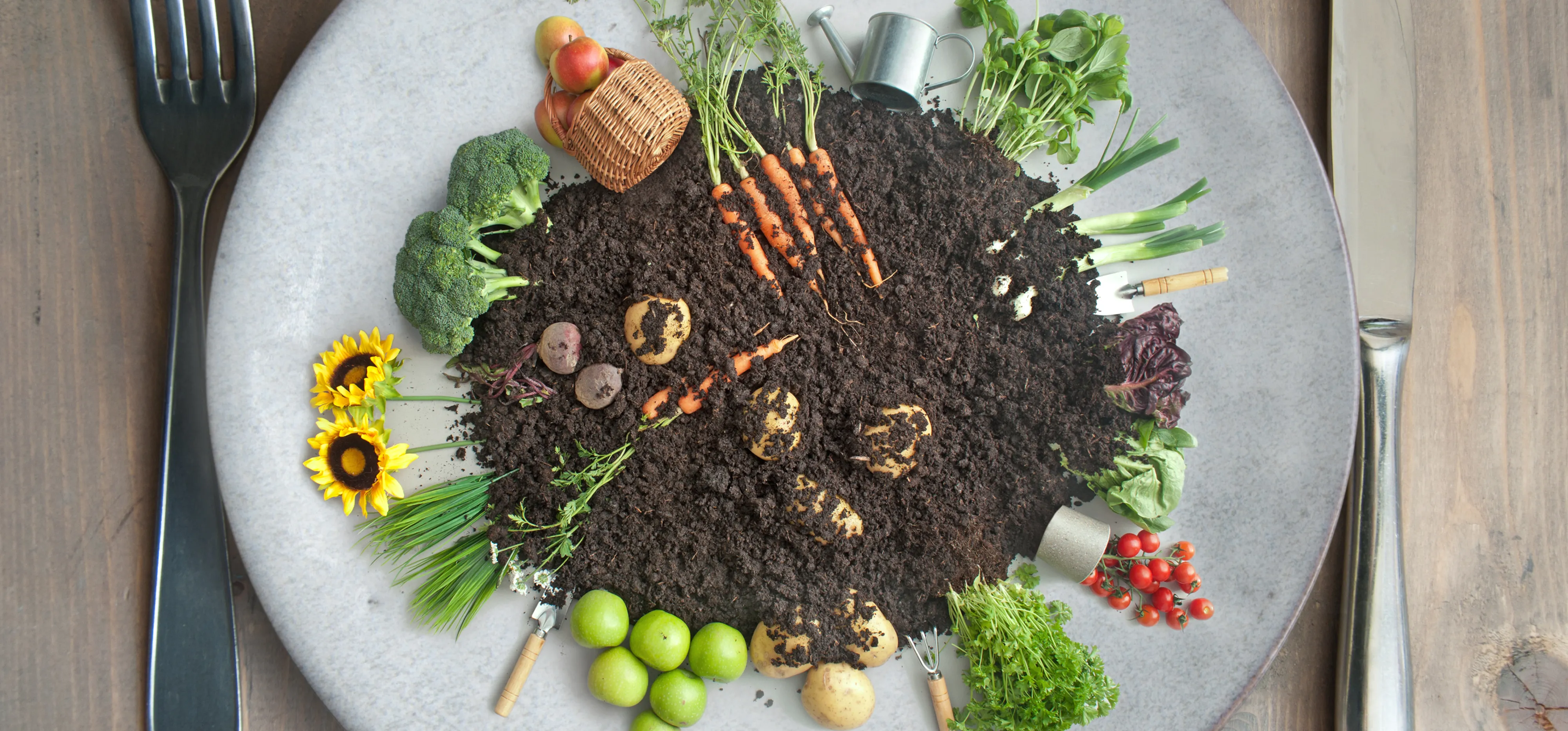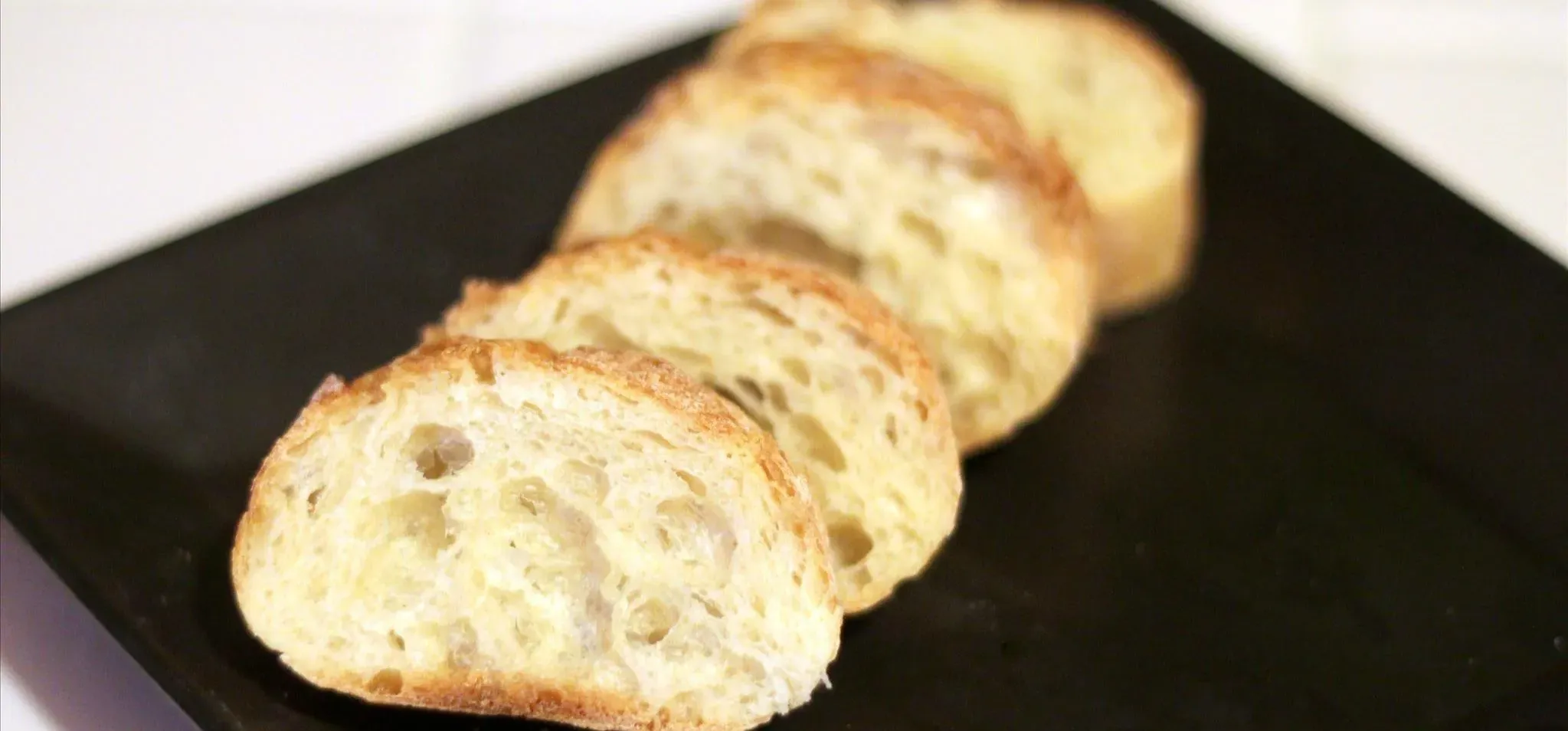Tequila is a hard liquor that's often been misunderstood. Produced from the agave plant, this aged spirit has complex flavors that bloom the longer it's aged and can rival the finest scotch.
Yet tequila has a terrible reputation for inducing hangovers, which is untrue, according to several reputable sources. Bartenders and other culinary experts say that liquor mislabeled as tequila is the reason it gets a hangover-causing rap.
Tequila should be labeled as "100% agave", and should be made from only the blue agave plant in the Tequila region of Jalisco, Mexico, though it can be bottled in the United States.

This is real tequila.
When bottled in the states, tequila can be called tequila as long as it 51% or more is made from agave sugar, and these should have the term "mixto" somewhere on the label, or "oro" (gold), which are typically mixtos.
Plus, real tequila in the states often gets mixed up with its roughneck cousin from Oaxaca, mezcal (that's the one with the worm in the bottle). While tequila must be made from only blue agave, famed chef Rick Bayless points out that mezcal can be made from 11 different kinds of agave, creating a wide spectrum of flavors.

This is mezcal, inferior to real tequila.
Tequila these days is enjoying a much-deserved renaissance, and for good reason: it's delicious. Plus, it also has considerable health benefits. Read on, then pick your favorite brand and start sipping to help your body.
Tequila Reduces Cholesterol & Blood Sugar
You may have heard that a glass of wine each evening can fight cholesterol—but did you know that tequila offers the same heart-healthy benefit? A study from the American Chemical Society says that this spirit has the power to lower bad cholesterol (LDL) levels and increase the good (HDL).
Meanwhile, Sue Torres, a chef with blood sugar issues, believes that her body has a better time with tequila than other types of alcohol. The American Chemical Society agrees with her anecdotal evidence. The same study found that sugars called agavins, which are found in tequila, might lower blood glucose levels for people who deal with diabetes type 2.
Could Tequila Battle Weight Gain?
These agavins in tequila, unlike other sugars, have effects similar to dietary fiber, which means that they don't enter the bloodstream. Forbes notes that agavins trigger natural blood sugar control and help people feel full.

A blue agave plant, the source of all things tequila.
Tequila Could Fight Osteoporosis
An earlier study from 2010 (also performed by the ACS) shows that tequila contains fructans, or a type of non-digestible carbohydrate kept in reserve by the body.
The ACS's study showed that mice who ate more fructans with their food absorbed and retained more calcium, which is potentially exciting news for anyone who's concerned about bone loss.

Structure of chicory fructans and agave fructans.
Above All, Buy Good Tequila
So now you know that tequila has a lot more to offer than a bad headache and a bellyful of regret. Keep in mind that this research is in its nascent stages, so you can't buy a bottle of Cazadores and say it's health food just yet.
Before you buy, make sure you know the terminology of tequila. This article from Details.com teaches you lots of insider-y tricks, like how to identify the distillery that made your tequila.

Basically, NOM, which stands for Normas Official Mexicana, regulates the tequila industry in Mexico, and the digits by it is the distillery number. CRT, which means Consejo Regulador del Tequila, signifies that the distillery has met all lawful requirements for producing tequila. All of these are good signs.
The most important, however, is that "100% agave" label. Without it, you've probably got a mixto.
Don't Like Tequila? Drink Something Else
There are plenty of ways to improve your health while sipping your favorite spirit. Of course, nothing is healthy unless it's done in moderation, so don't swap water for cocktails just yet!
Cover image via LIsa Romerein/The Sunday Times

























Comments
Be the first, drop a comment!